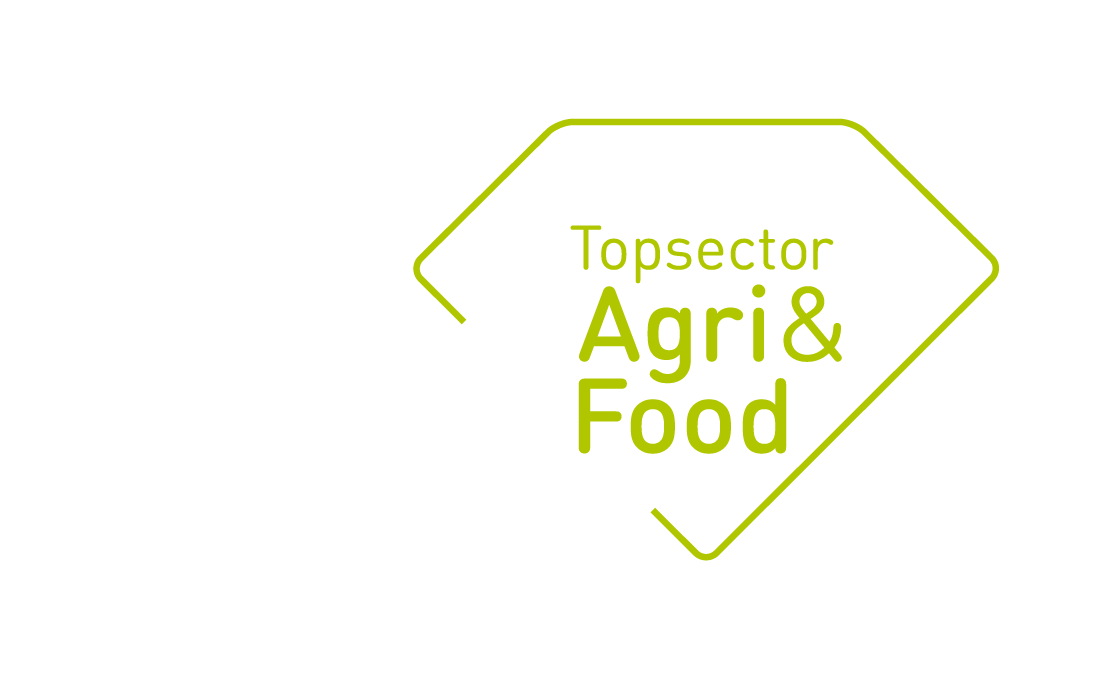Projecttitel: Sustainable intensification of dairy production in India
Projectnummer: SMP-1507
Kernthema: Resource Efficiency
Looptijd: 2015
Budget: € 50.000
Projectleider: Adriaan Vernooij
Kennisinstelling: Wageningen University & Research
Projectpartners: CID Lines, CRV-Delta, De Heus, Dutch Dairy Centre, GD Deventer, NAFTC, PTC+,
Royal Haskoning DHV, Sloten BV, Solidaridad, Van Hall Larenstein.
Samenvatting
Feed
India wishes to double its milk production the coming 15 years, but produces insufficient feed to achieve this and with current strategies, the gap between demand and production of animal feed will only grow. Almost 90% of the available agricultural land in India is used to grow crops for human consumption and cattle are often only fed with crop residues, which is insufficient to enhance dairy productivity. A better match between feed demands and feed availability is necessary. However it is still unclear which strategy to follow and what role Dutch private sector could play.
Animal health
Disease control and prevention measures are poorly developed in India, leading to many health problems with cattle, which negatively affect milk production. More clarity is needed on which diseases are most prevalent and how they can best be prevented in a sustainable manner without automatically resorting to (still increasing) antibiotics use. Especially the absence of diagnostic laboratories and losses due to mastitis are severe. Therefore, improved prevention strategies suitable for the Indian dairy industry need to be developed.
Genetics
The current match between the genetic base of the Indian dairy population, the level of management and availability of feed resources is inadequate as a base for doubling the production in 15 years. Import of high producing animals or semen is only part of a solution, as these animals are poorly adapted to the climatic circumstances in India. Appropriate crossbreeding strategies to generate a well-adapted and more productive livestock population need to be developed whereby Dutch breeding companies can play a role. The most appropriate breeding strategies with the right climate adaptation and preserving native heat and disease tolerance still need to be worked out, also to provide more insight in the role Dutch companies could play in improving sustainable breeding in India.
Links
Deel dit bericht


